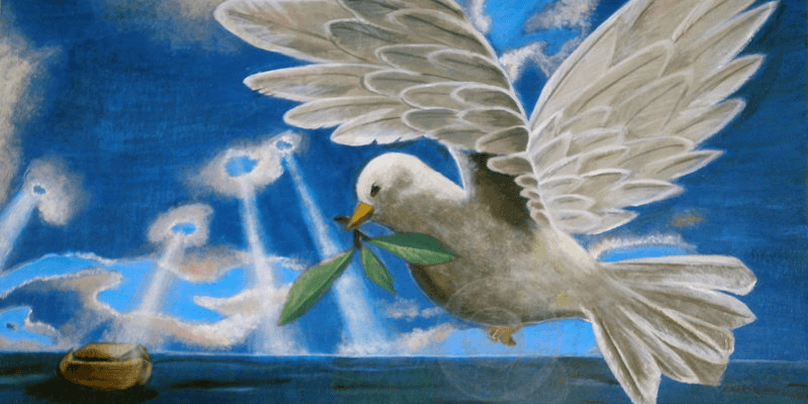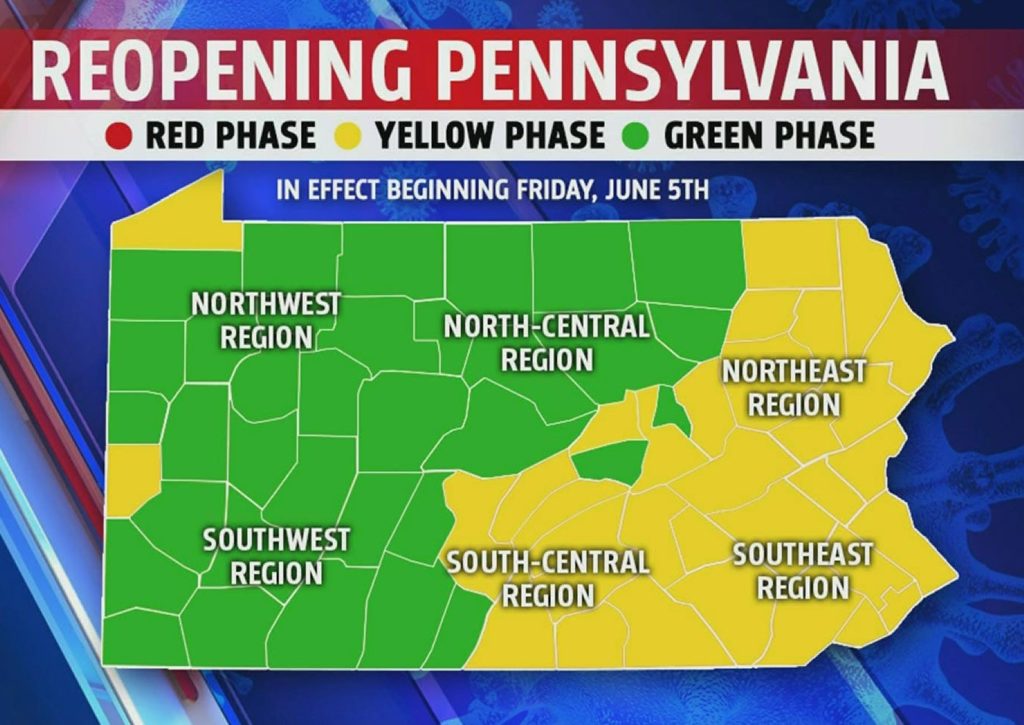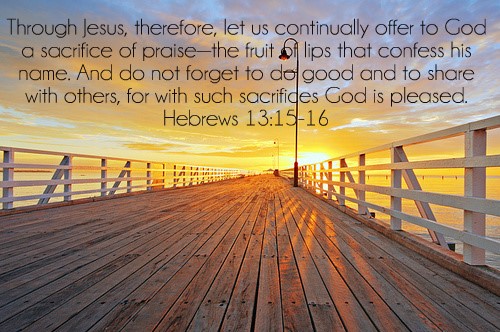
By Bishop Peggy Johnson
As we prepare for the slow, cautious process of reopening our churches after these many weeks of seclusion, we can find some helpful advice from the Word of God taken from Genesis 6-9, the account of Noah and the ark.
We haven’t been on an ark for months after the entire earth was destroyed by a flood. But some days it has felt a little bit like that. Nothing will ever be the same again.
For many of us the “stay at home” order has limited much life-giving activity, employment and human contact. Financial concerns for many are devastating. Young people home from school have been an added challenge for parents who are working from home while simultaneously supervising internet-based studies and virtual play dates.

For others it has meant even more work outside the home, engaged in delivering essential services with the additional risk and stress of exposure and longer hours. For people in long-term care facilities it has been a seemingly endless time of isolation.
Sadly, for many there have been loved ones lost to this virus or sick in a hospital without visitors. Attendance at funerals and memorial services have been severely restricted, and the glad sounds of weddings, Easter worship and graduations have been silenced.
We have been immersed in a flood of sorts—a flood of anxiety, of challenges in readjusting to a new normal, of financial stressors, of deep grief and endless waiting, as reports of the spread and death toll of this virus continue daily.
It was something like that in the days of Noah: 40 days of rain and then another 150 days of water covering the earth (Genesis 7:24). Imagine being cooped up in a boat with numerous wild animals and no running water. Hidden securely from the outside, but likely no hiding place on the inside. What a place that would have been to have church!
However, there was good news. “God remembered Noah and all the beasts and all the livestock that were with him in the ark. And God made a wind blow over the earth, and the waters subsided.” (Genesis 8:1) The ark came to rest on the mountains of Ararat and the waters continued to abate until the tops of the mountains appeared.
First ‘reopening’ recorded in Scripture
That’s when Noah instituted the first “reopening” operation recorded in Scripture. He opened the window of the ark and sent forth a raven. This bird apparently flew around as the waters were drying up. Not much more do we learn from the raven. Next Noah sent out a dove to see if the waters had subsided. The dove found no place to rest; so she came back to the ark.
Noah waited another week and sent the dove out again, and she came back with an olive branch. This was a good sign but not quite good enough. Noah waited another seven days and sent out the dove a third time. The dove left for good and did not return. That meant the water had dried up enough, and they would soon be able to leave the ark.
The principle here is holy caution. Noah continued to test and did not hurry to leave the ark. He wanted to insure safety for his family and the animals. As much as we wish to come back to our churches and the normal gatherings of our lives, our return must be done with caution and patience.
Even when we are able to gather again, by order of our state officials, there will new, protective protocols in place at our churches while we are still in cautionary stages:
- face masks and hand sanitizer stations;
- social distancing and no congregational singing;
- no passing offering plates but instead, placing baskets at the door;
- no handling of open communion elements;
- no proximity or touching when passing the peace, but only waving the hand.
None of this will be easy; but it is worth the greater good of preserving health and life.
Nadia Bolz-Weber in a recent blog post commented, “Worry isn’t helping me. But neither is setting my hopes on the calendar.” (The Corners by Nadia Bolz-Weber). We need to have patience with the calendar and take things one day at a time, one adjustment at a time, for the sake of safety and care for everyone.”

Sacrificing thanksgiving to God and help to one another
Noah also can teach us one other lesson. The first thing he did when he left the ark was to build an altar and offer sacrifices to God. No doubt the sacrifice of praise and thanksgiving were a part of this time of worship. Burnt sacrifices of certain animals were offered that day as well.
When we bring thanks to God we must always bring a gift that costs us something, be it money, service, or time. Even in the midst of this unprecedented time of suffering for many there has been much grace and favor. Take time to count your blessings, and offer to God not only your words of thanksgiving but your sacrifices of help for your neighbors or family members in need.
Jesus told us that as we help a brother or sister in need it is the same as offering service to him (Matthew 25:40). Jesus’ new commandment (John 13:34) was to love one another. This is a time of great need, and our generosity and caring are signs of our thanksgiving and our obedience to the mandates of Jesus.
Obedience is precious in the eyes of God. God chose Noah to build the ark in the first place because God knew him to be a person of obedience. He built an ark in the middle of a desert simply because God asked him to do this. This must have been a difficult act of surrender given the scorn of neighbors and the enormous resources required.
God asks us to help our neighbors in need at this time. There is always something we can give or something we can to help.
I want to offer my thanks to all of you for your amazing cooperation, patience, creativity and life-giving ministry during this pandemic. I am sure that your faithfulness and obedience to God’s call will continue in the months to come as we re-open.
Please continue to share your worship services, Bible studies and other programs online and on video, even after we are back in our buildings. Amazing opportunities for mission and evangelism have burst in upon us. And remember the lessons of Noah: take it slow, do it well, and offer sacrifices of thanksgiving.
